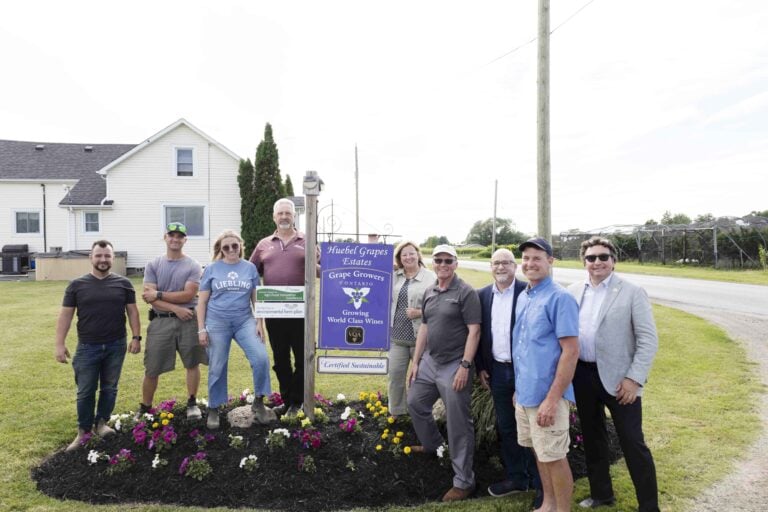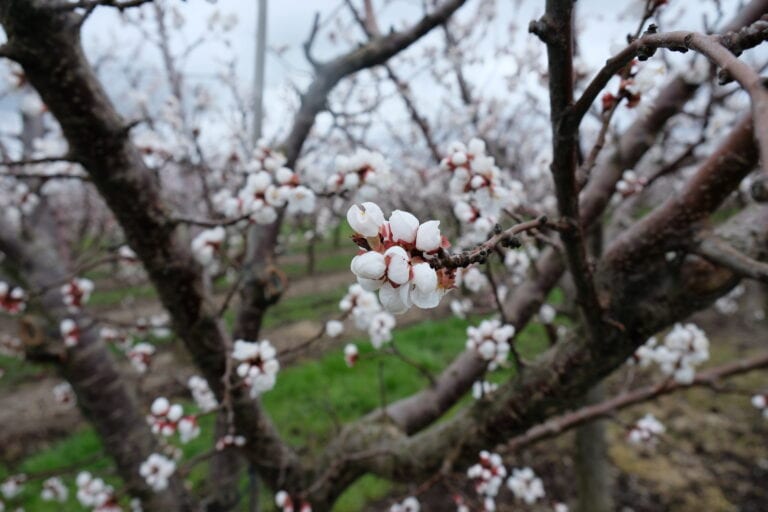For Niagara College alumna Emily Kudluk, participating in the college's Faceless Dolls workshop was about cherishing the memory of her aunt Denise Bourdeau, who was killed by her ex-partner and found several months later on the banks of Grand River in 2007.
The event held on Welland campus Wednesday was organized to raise awareness about more than 1,200 Indigenous women and girls who have gone missing or been murdered in Canada.
“This is my way of remembering her and sharing her story, and informing other people what happened,” Kudluk said about why she took part in the event.
During the workshop, college students, faculty members and staff used beads, felt pieces and yarn to make 1,200 dolls. In just one hour, workshop participants were already close to having 700 dolls made, Kudluk told The Lake Report.
“Not everyone stopped to make a doll but there were students stopping to ask what was going on,” she said.
“It was our opportunity to inform them. Even if they didn’t make a doll, they still got a little tidbit of why we’re here and what’s it for. So, they’re still walking away with that knowledge.”
The Faceless Dolls Project was first launched by the Native Women’s Association of Canada in 2012.
Niagara College started hosting Faceless Dolls workshops in 2015, which were first organized by a then-student Alkiie-Babe Froman.
Kudluk, who graduated from a horticultural technician program last year, said she also organized a similar workshop at her daughter’s school in Niagara Falls to spread more awareness of the issue.
The workshop was organized by the college's Academic and Liberal Studies division in collaboration with the Indigenous Education department.
The event was also held as part of Indigenous Awareness Month activities taking place at the college in November.
Sociology professor Crystal Adams Coons, who teaches Diversity and Inclusions classes at the college, said she has been incorporating Indigenous Awareness Month into her curriculum for three years now.
She said students enjoy participating in a hands-on workshop.
“It gives them a chance to have discussions and to learn while making something they can be proud of,” Adams Coons told The Lake Report. “They’re graded for reflecting on what they’ve learned and how that changes how they think about Indigenous issues in Canada."
The dolls will be on display at libraries on both campuses and outside a student lounge, said Ashley Buck, the Indigenous student success leader at the college.
“Reconciliation is not just words. It’s actions,” Buck said. “And this tangible activity allows our students, our faculty and staff to have that intimate relationship with information and content, so they’re able to sit down and understand information that’s been given to them.”



.jpg)







